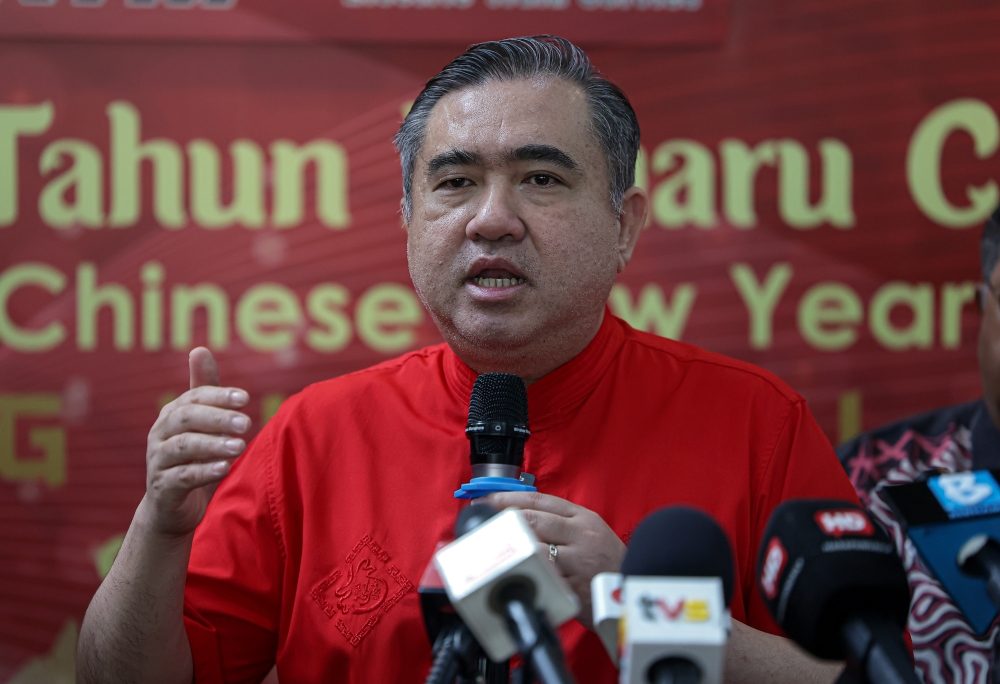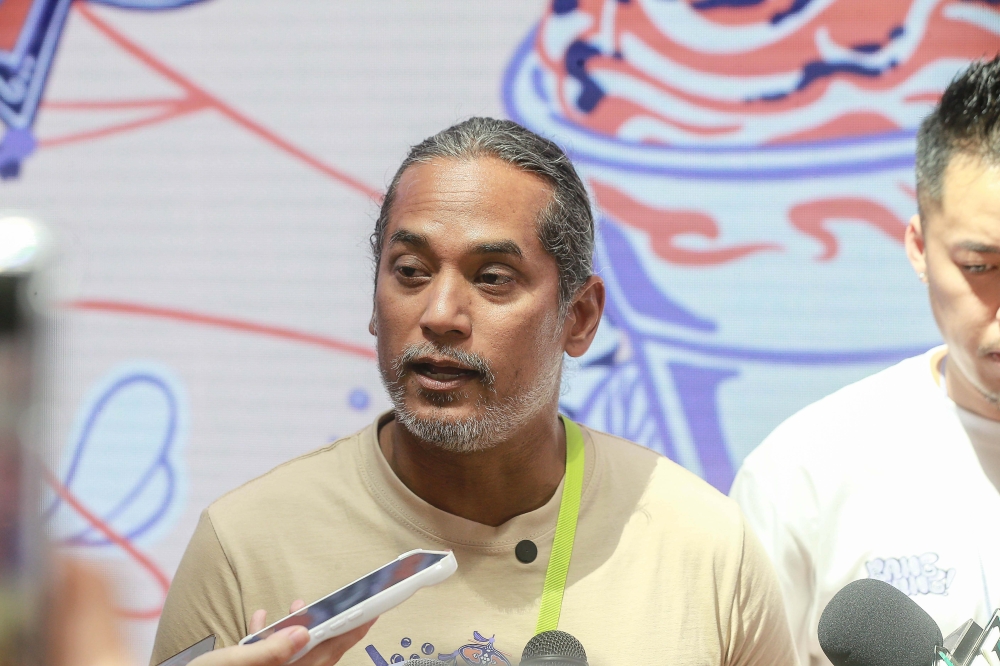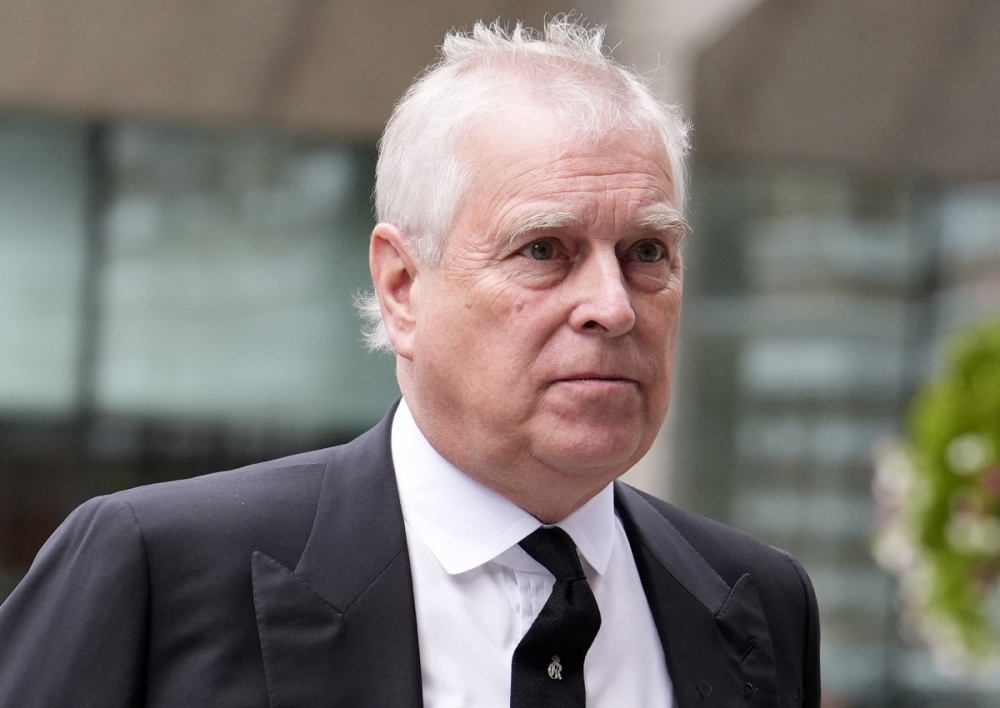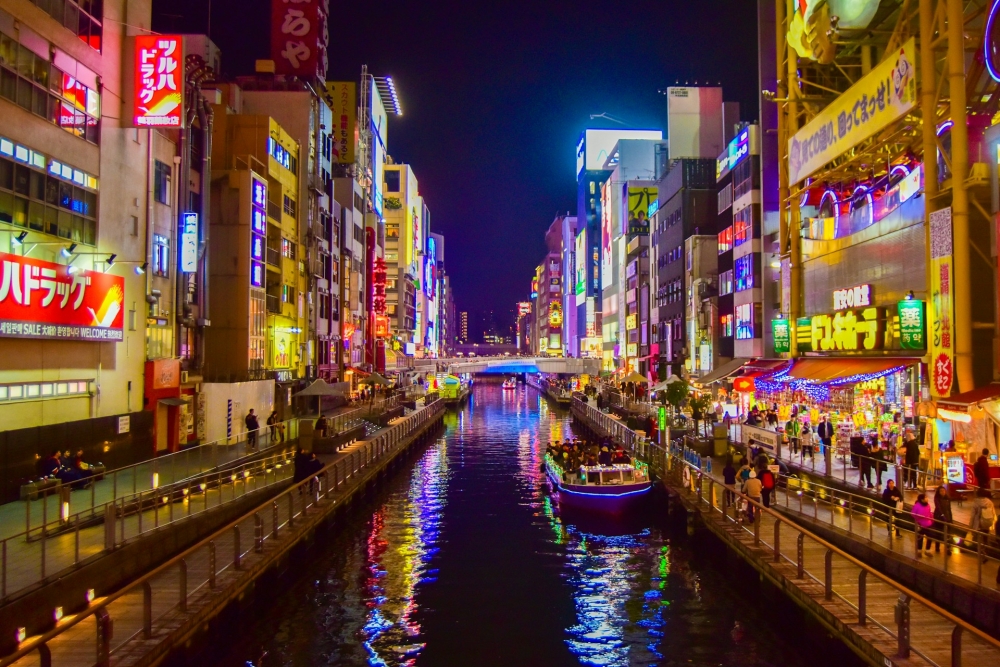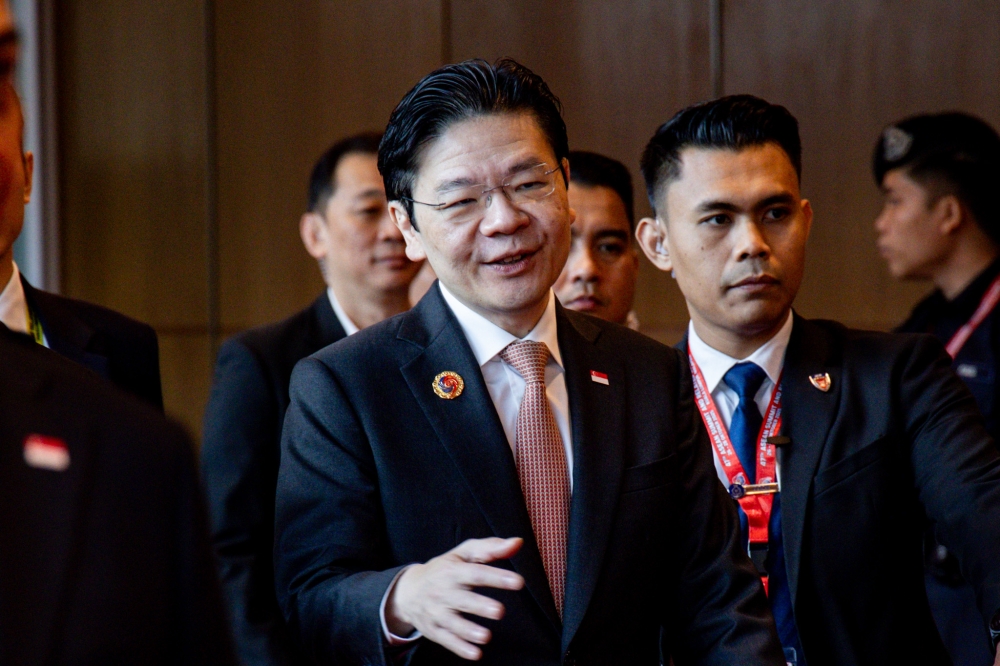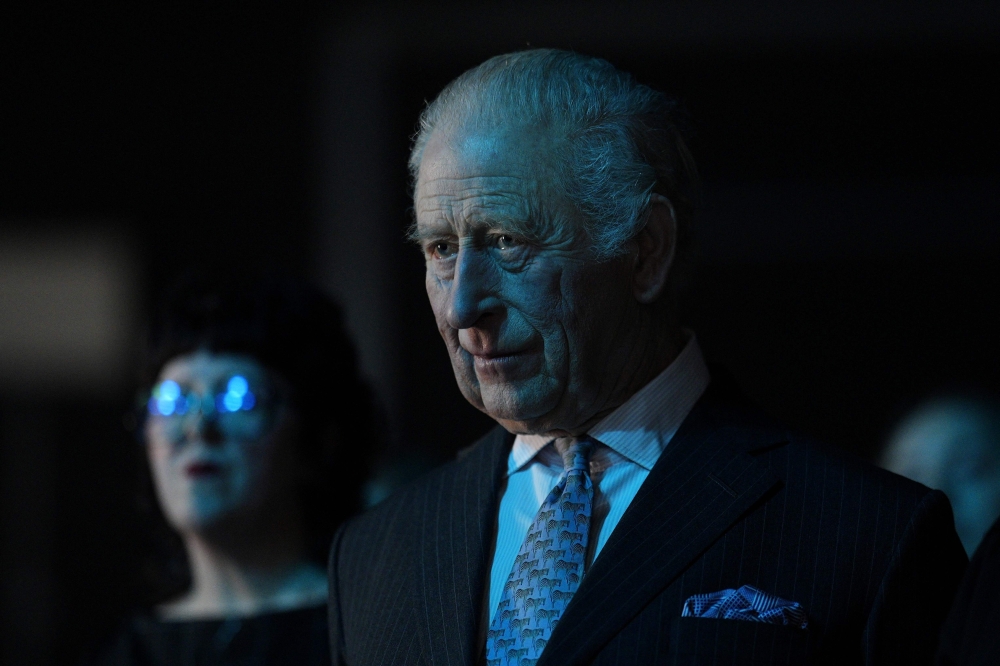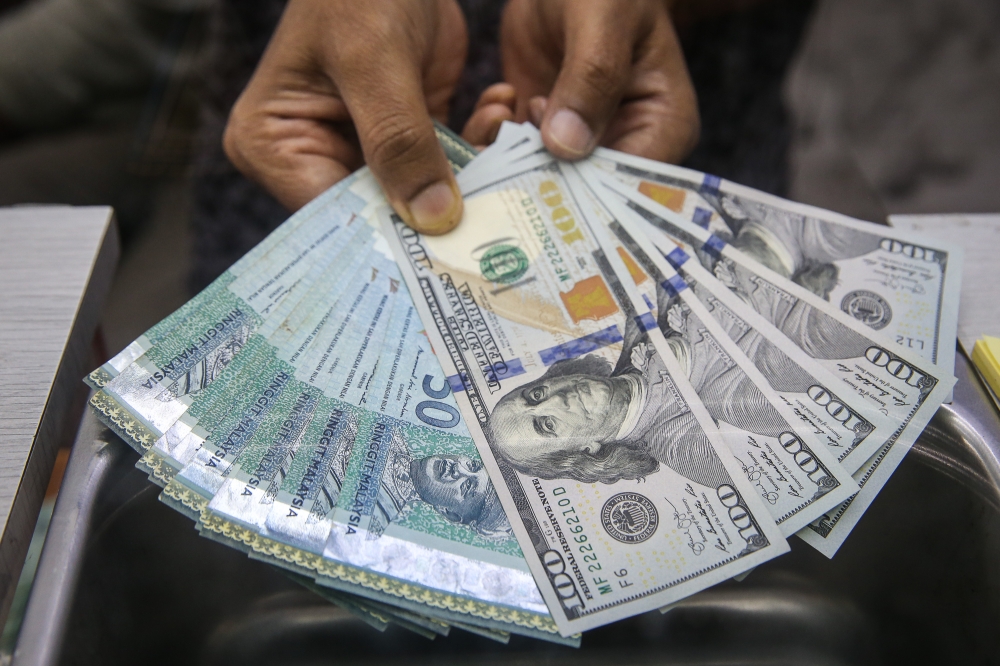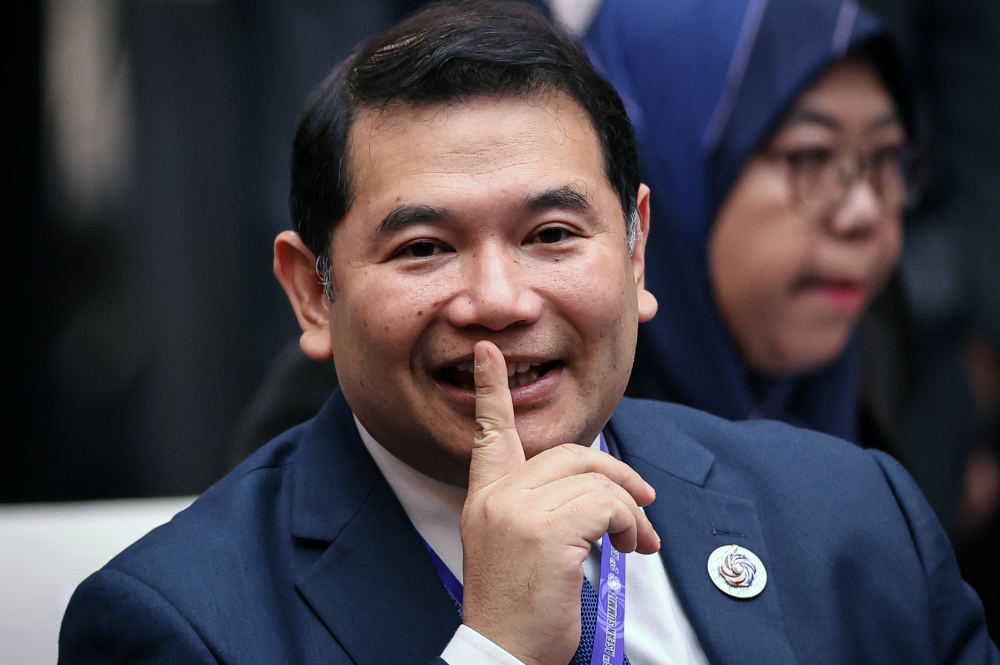MAY 22 — Russia Supermart in River Valley Road changed its name to Baltic Supermart.
This was reported on and drew backlash with people accusing the store of trying to whitewash its products.
However, I think the real issue is that the owners must have felt like they had no choice. These days, Russia is not particularly popular with consumers who disapprove of the nation’s war on its neighbour Ukraine.
For so many people, cancelling Russian products is necessary to make a political point about the war.
In Singapore the move to cancel all things Russian has been a little less severe (maybe we just don’t have that many Russian things).
But in Europe and the US, we’ve seen Russian musicians, art and books cancelled. Russian pianist Alexander Malofeev had a string of concerts cancelled in Canada even though he repeatedly condemned his country’s invasion of its neighbour.
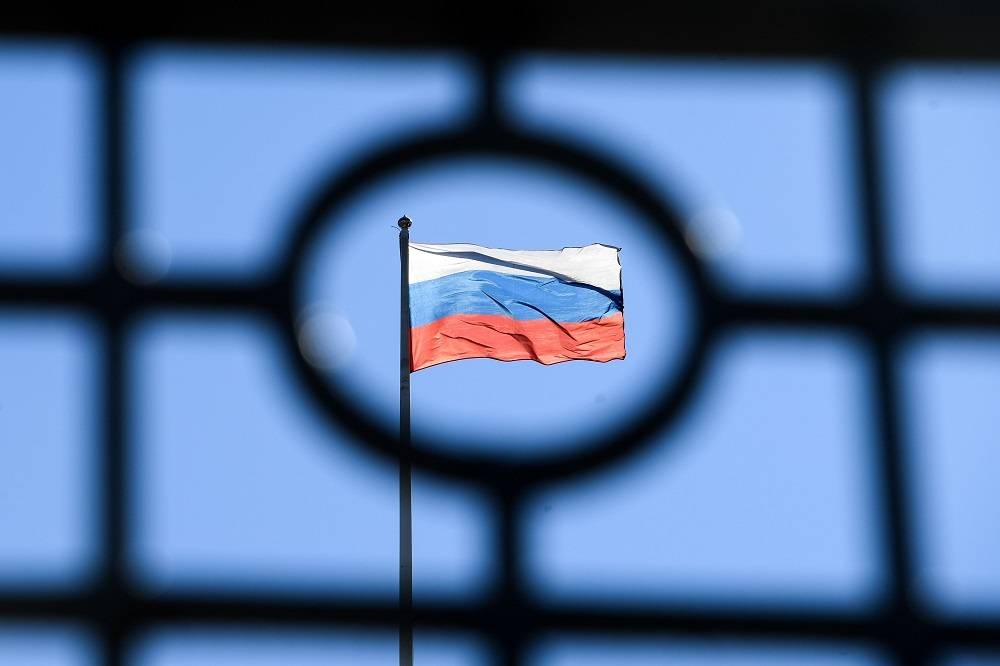
Auction houses Christie’s and Sotheby’s have cancelled sales of Russian art and extraordinarily, some states in the US have called for an end to the sale of vodka.
This seems wrong.
Firstly, does art lose value if the artist is a bad person or fails to conform to today’s values? Picasso and Beethoven may or may not have been nice people, but their art stands alone.
Secondly, and more importantly, a person’s nationality generally should not be held against them. And things like vodka or Tchaikovsky are really global heritage; they belong to the world, not just Russia.
Tchaikovsky lived under the Tsars; he had nothing to do with the modern post-Soviet Russian nation.
It strikes me as both knee jerk bandwagon jumping and borderline hypocrisy to charge along this path of cancelling all things Russia related.
I’ve never seen the US face anything like this sort of backlash though that country has been at war, committing invasions of various kinds for most of its history.
Including recent atrocities in Iraq and Afghanistan and very recent and destructive interference in countries like Ethiopia and Yemen. Yet no one is trying to boycott Google, Twitter, Facebook, and the like.
Some might argue that China has been occupying Tibet for the longest time, but I don’t see people rushing to take off their China-made shoes and clothes or throw away their Chinese-made phones.
Australia has committed atrocious crimes against its Aboriginal people, many of whom still live in intolerable conditions on what is really their own land but I still see Australian wines flying off the shelves.
So, what’s going on here? Unless this is about virtue signalling? Because I do accept that a case can be made for boycotts. Gandhi encouraged Indians to boycott British goods when India was seeking independence from Britain.
There just needs to be consistency. So, throw out the vodka but ensure the bourbon is flushed down shortly after.
*This is the personal opinion of the columnist.

